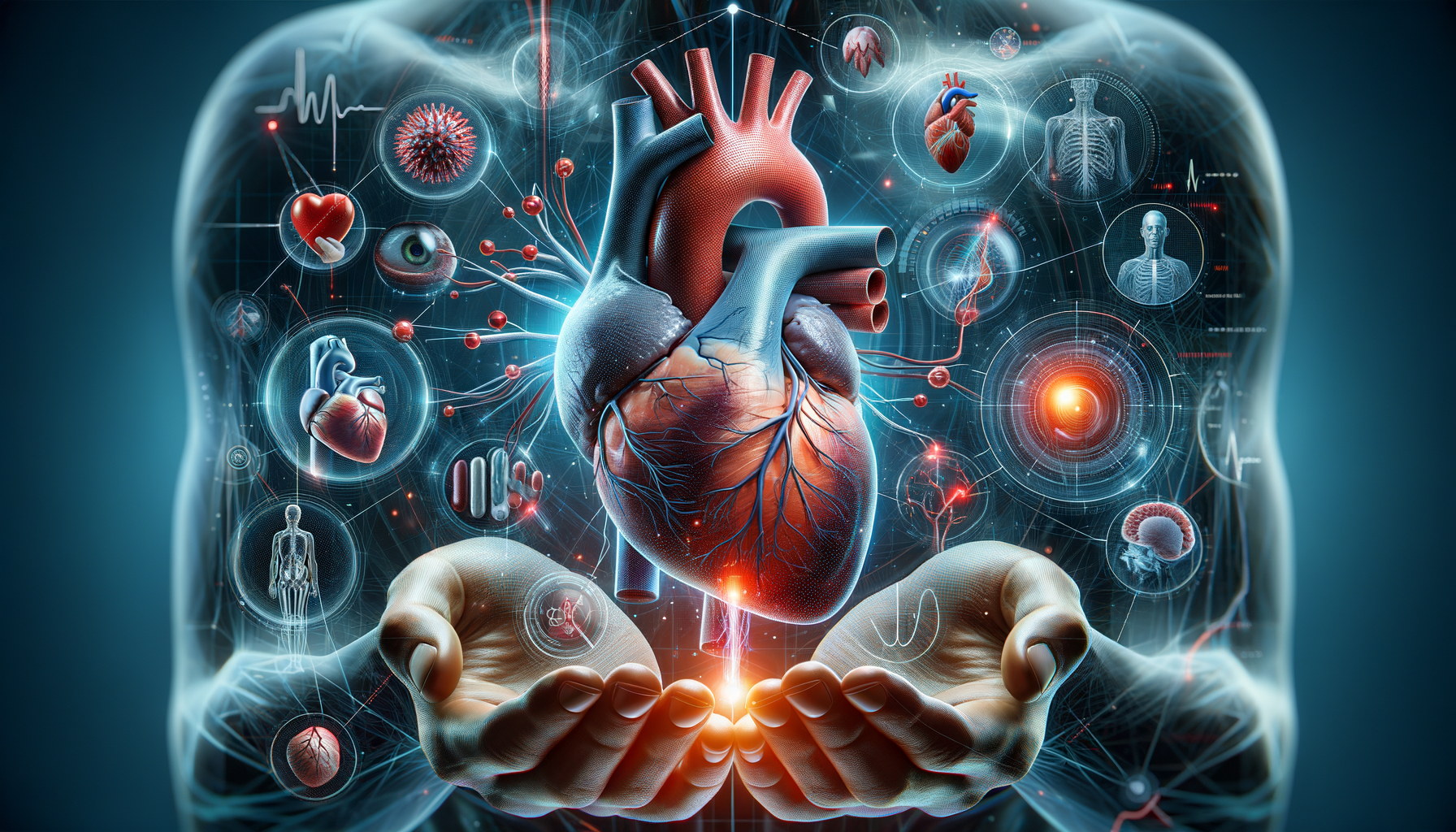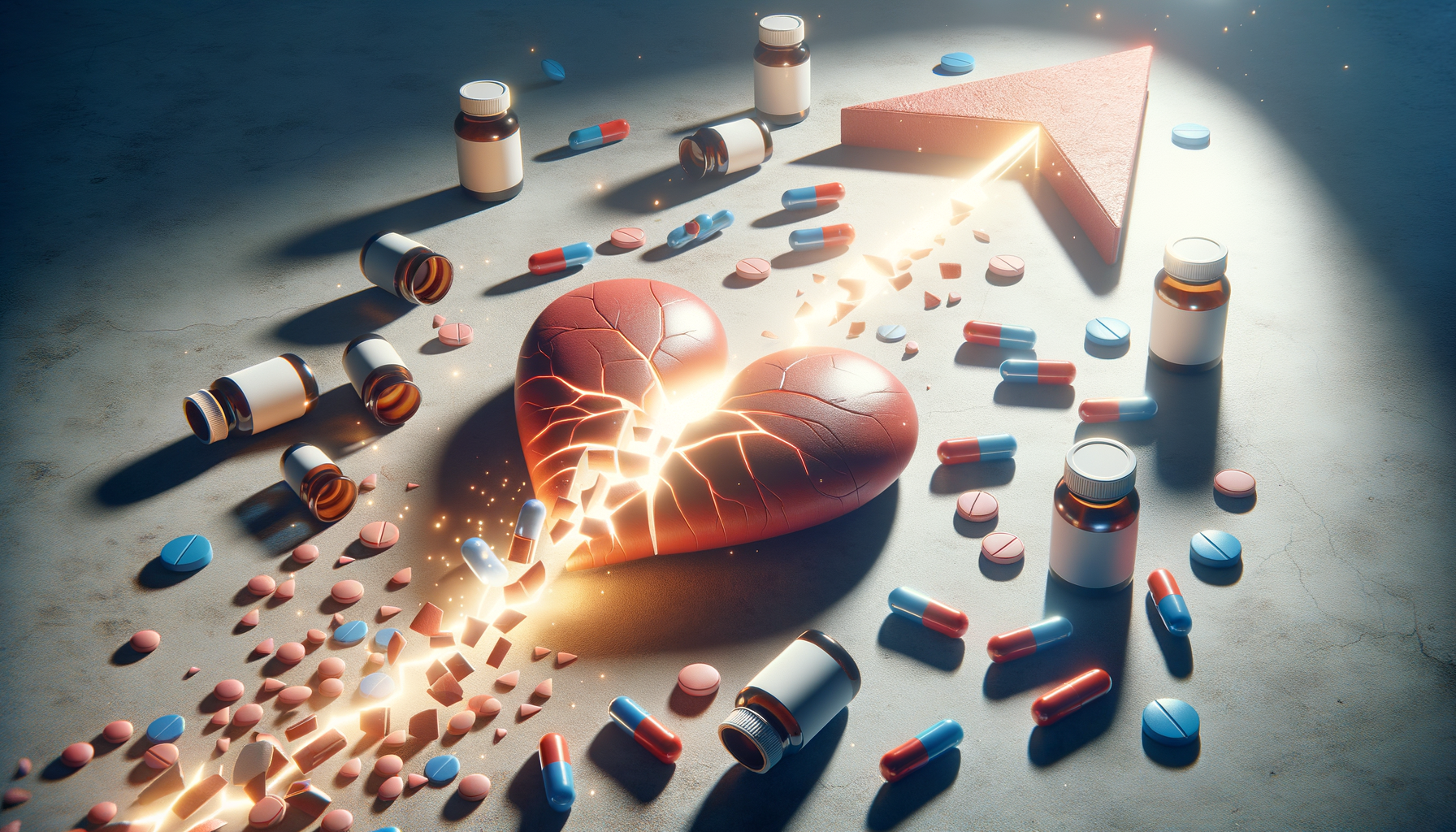Understanding Erectile Dysfunction
Erectile Dysfunction (ED) is a common condition affecting millions of men worldwide. It is characterized by the inability to achieve or maintain an erection sufficient for sexual intercourse. While it’s often associated with aging, ED can occur at any age and can be a result of various factors including psychological, neurological, or vascular issues. Understanding the underlying causes is crucial for effective treatment.
ED can result from lifestyle factors such as smoking, excessive alcohol consumption, and obesity. Psychological factors like stress, anxiety, and depression also play a significant role. Additionally, medical conditions such as diabetes, high blood pressure, and heart disease are known to contribute to ED. Recognizing these factors can help in managing and potentially reversing ED.
It’s important to note that ED is not just a physical issue; it can significantly impact emotional well-being and relationships. Understanding the condition is the first step towards seeking appropriate treatment and improving quality of life.
Medical Treatments for Erectile Dysfunction
Medical treatments for ED are varied and have proven to be effective for many men. The most common medications are phosphodiesterase type 5 (PDE5) inhibitors, which include well-known options that help increase blood flow to the penis. These medications are generally effective and have been extensively studied for safety and efficacy.
For those who cannot take oral medications, other options such as injections or urethral suppositories are available. These treatments involve administering medication directly to the penis, which can be effective for men who do not respond to oral medications.
In more severe cases, surgical options such as penile implants may be considered. These implants can be either inflatable or semi-rigid and provide a permanent solution for achieving an erection. However, surgery carries risks and should be considered only after exploring other treatments.
Lifestyle Changes to Combat Erectile Dysfunction
Making lifestyle changes can have a significant impact on managing ED. Regular exercise, a balanced diet, and maintaining a healthy weight are crucial steps. Exercise improves blood circulation and reduces stress, both of which can enhance sexual performance.
Quitting smoking and reducing alcohol intake can also improve ED symptoms. Smoking affects blood vessels and restricts blood flow to the penis, while excessive alcohol consumption can interfere with the ability to achieve an erection.
Stress management techniques such as meditation, yoga, or therapy can help address psychological factors contributing to ED. Engaging in open communication with partners about sexual health can also alleviate anxiety and improve intimacy.
Natural Remedies and Supplements
For those interested in alternative treatments, several natural remedies and supplements are available. Herbal supplements such as ginseng, L-arginine, and pomegranate juice have shown promise in improving ED symptoms. These supplements are believed to enhance blood flow and improve sexual function.
However, it’s important to approach natural remedies with caution. Not all supplements are backed by scientific evidence, and some may interact with medications or have side effects. Consulting a healthcare professional before starting any supplement is advisable.
Acupuncture and other holistic approaches are also explored by some individuals. While evidence is limited, some studies suggest that these methods may help reduce stress and improve ED symptoms.
Psychological Support and Counseling
Psychological factors play a significant role in ED, and addressing these through counseling can be beneficial. Therapy can help individuals and couples address issues such as anxiety, depression, and relationship problems that may contribute to ED.
Cognitive-behavioral therapy (CBT) is one approach that has been effective in treating ED. CBT focuses on changing negative thought patterns and behaviors, helping individuals develop healthier attitudes towards sex and intimacy.
Support groups and online forums can also provide a sense of community and understanding for those dealing with ED. Sharing experiences and learning from others can be empowering and help reduce feelings of isolation.




Leave a Reply